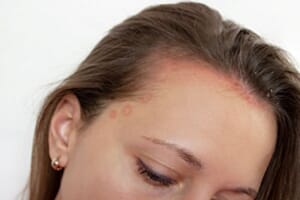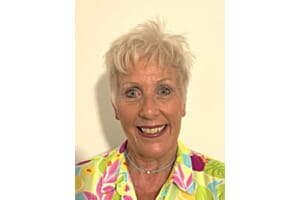BY Amy Anderson 20 June, 2007
In addition Parabens, which are preservatives widely used in skin and hair products, and which help inhibit bacterial growth are also widely thought to mimic side effects of female sex hormones, which might increase the risk of cancerous tumour growths. Mr Bence warned that absorbing these chemicals through the skin can be more dangerous than swallowing them.
Another recent report from the campaign group Chemicalsafekincare found that the average woman uses at least 12 toiletry products a day containing up to 175 different chemicals that could damage their health.
Consultant dermatologist Professor David Gawkrodger, a dermatologist and spokesperson for the British Skin Foundation said that an astonishing 8 million people in the UK suffer from skin complaints and that those with very sensitive skin and atopic eczema were most at risk from every day toiletries containing chemical irritants, as many contain trigger negative skin reactions.
To read more on what chemicals can harm the skin and how to avoid visit www.soilassociation.org or to find out more information on the latest skin research and advise for problem skin conditions please visit www.britishskinfoundation.org.uk.







